Health Care
Learning and Development Workshops For Health Care
 Hamlet once said “We are living in extraordinary times and extraordinary times require extraordinary measures”. Although this statement is now 400 years old – it is probably even more relevant today than it was in Hamlets’ time; and never has the Health Care Sector seen such extraordinary times as these we are living in today.
Hamlet once said “We are living in extraordinary times and extraordinary times require extraordinary measures”. Although this statement is now 400 years old – it is probably even more relevant today than it was in Hamlets’ time; and never has the Health Care Sector seen such extraordinary times as these we are living in today.
Recent events have proved that even Hospitals are not immune from the pressures of the economic climate and the bastions of the NHS are now being threatened by a surging tide of Private Health Care organisations springing up offering a competitive service.
I dare say that Hamlet never had to find £22bn of Operational Savings or go cap in hand to the Government of the day for a further £8bn…or even worry about a 5 Year Forward View (5YFV).
Hospitals and Trusts in serious debt, investigations into poor practice, the patients now having a greater choice of where they get their health care, increasing pressure to achieve Government targets etc – all seem to describe the “extraordinary times” in which we are living … which is why…we need strategies which will create “extraordinary measures” in order to thrive in such extraordinary times.
Even Prince Charles has recently suggested that…
“Doctors must learn ‘Care and Compassion’ The Health Service must listen to its patients and be more caring. This inevitably raises the question: “Are we doing enough to ensure there is sufficient empathy and compassion instilled throughout training in medical schools and in later hospital training?”
And, in an unprecedented move, the Chief Nursing Officer for England said; “Nurses will now be formally judged on the compassion they show in treating patients with dignity and respect”.
Our range of Workshops have been specifically tailored and designed to deliver “extraordinary measures strategies” to the Health Care Sector in order to achieve Patient Experience Excellence in our Hospitals and Care Homes and to ensure that our Health Care and Patient Care Professionals adopt the correct “Winning Attitudes and Behaviours” to embrace the current challenges whilst increasing their Patient Focus and Patient Compassion.
CPD Requirements for Health Care Personnel
Click Here to see the latest CPD pre-requisites for Health Care Personnel
6 Inspirational Workshops and Events to raise Morale, Motivation and Culture Change within Health Care to equip your Staff for 5YFV
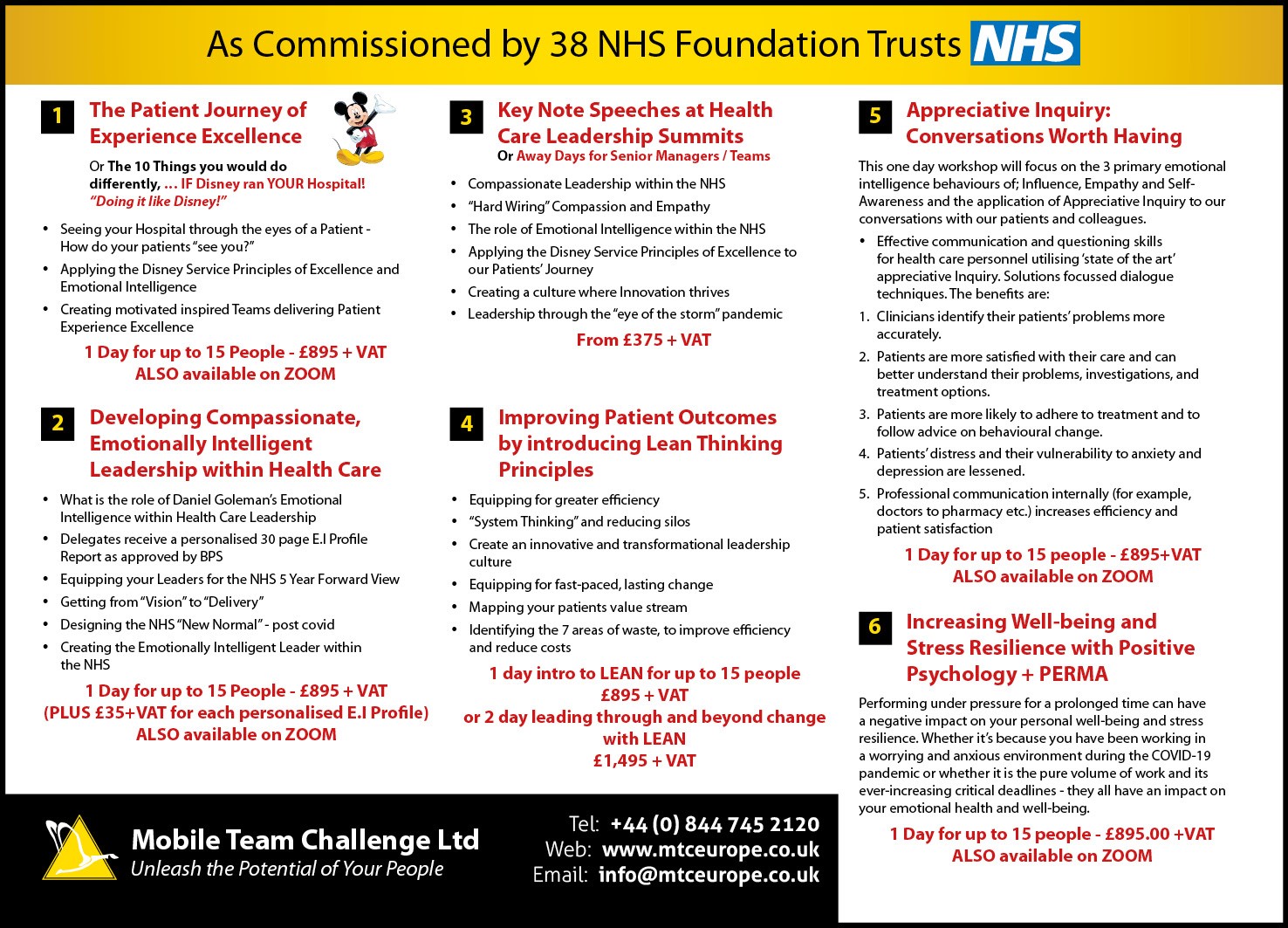
Click here to download an overview of these 6 Inspirational Workshop Offerings.

You can now add to your CPD Hours by  booking a ZOOM virtual Workshop – contact us for details:
booking a ZOOM virtual Workshop – contact us for details:
The 7 Habits of Highly Effective People, Teams and Leaders within Health Care
In healthcare, the role of leadership is becoming increasingly challenging and, potentially, stressful. Whether it be managing global epidemics or fixing bullying complaints within the Team – the demands upon the Leaders within the Hospital or Care Home are magnifying, daily. In order to be able to continue to “thrive” in this extraordinary world, self care and maintaining emotional wellbeing are vital for the modern day leaders within Health Care.
The 7 Habits of Highly Effective People, Teams and Leaders is a 2-day, CPD accredited, in-house workshop for up to 12 delegates which focusses on the critical skills required to; motivate self and others, be proactive, create and deliver effective plans, develop emotionally intelligent leadership skills and to create SUPER high-performance teams through inspirational visions and teamwork. This course is highly recommended for all levels of leadership and prospective leaders / directors designates etc.
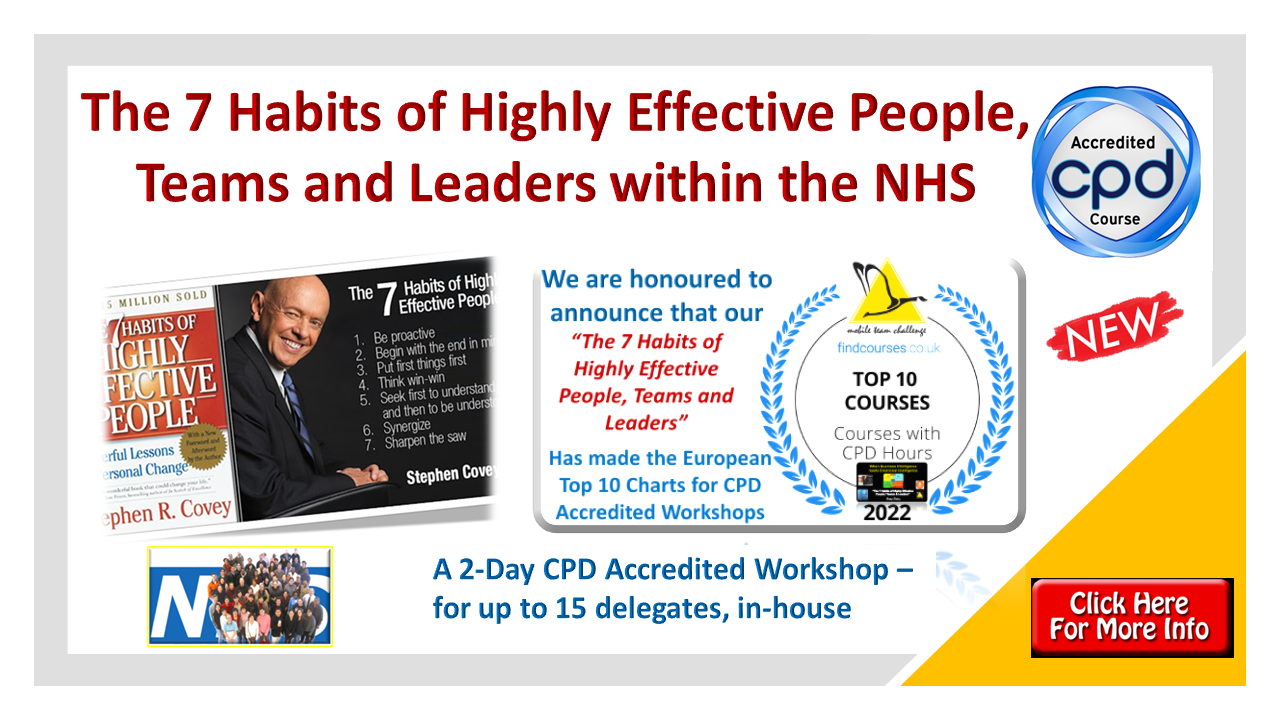
For further information on this highly inspirational workshop – Click Here
Applying Positive Psychology to develop your Wellbeing and build your Stress-Immunity
 Performing under Pressure for a prolonged time can have a negative impact on your personal wellbeing and stress resilience. Whether it be because you have been working in a worrying and anxious environment during the COVID-19 pandemic or whether it is the pure volume of work and its ever-increasing critical deadlines – they will all have an impact on your emotional health and wellbeing.
Performing under Pressure for a prolonged time can have a negative impact on your personal wellbeing and stress resilience. Whether it be because you have been working in a worrying and anxious environment during the COVID-19 pandemic or whether it is the pure volume of work and its ever-increasing critical deadlines – they will all have an impact on your emotional health and wellbeing.

Where are you on this slide? – Are you in the FEAR Zone, the LEARNING Zone or the GROWTH Zone? – Who do you want to be during and post-pandemic? Do you know that you CAN still choose your behaviour and attitude – despite the anxieties and fears of COVID-19? Increase your own well-being and emotional health by applying the principles of Positive Psychology into your life.

When Clinical Intelligence meets Emotional Intelligence

So… what IS Emotional Intelligence…and what is its role within the NHS?
The originators of emotional intelligence defined it as: “the ability to monitor feelings and emotions, to discriminate among them, and to use this information to guide one’s thinking and action…” and “…to perceive, express and assimilate emotion, understand and reason with emotion and regulate emotion in the self and others.”
“Emotional Intelligence is now recognised as a key leadership skill. The ability to recognise, understand and choose how we think, feel and act, shapes our interactions with others and our understanding of ourselves. It allows us to set priorities and it drives our daily actions. Pressure is a part of everyday life and it can be motivating. However, when pressure builds up to the point where an individual feels and perceives that they can no longer cope, the result is stress. In the NHS environment there are many factors that can cause stress. These can impact on productivity and behaviour in a way that influences others beyond your team. It is important to harness the power of emotions so as to motivate those you are leading.”
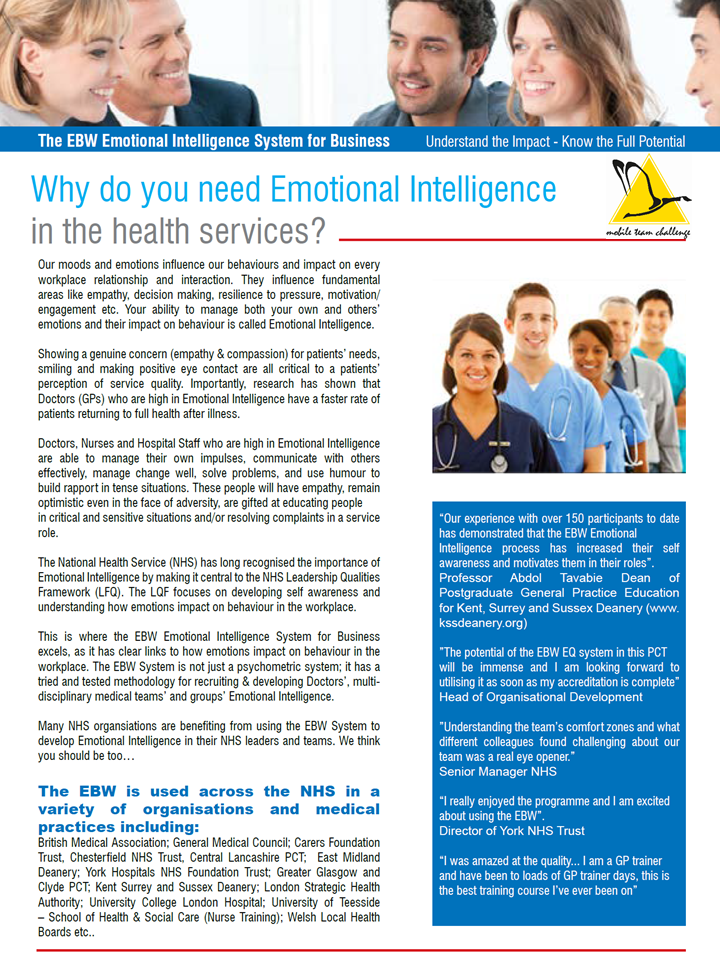
Since 2015, Mobile Team Challenge have been commissioned by 52 NHS Foundation Trusts to deliver our “When Clinical Intelligence meets Emotional Intelligence” Workshop
In crisis contexts, leaders with high EQ will tend to:
- Be attentive and resourceful in managing their own (and others’) stress levels. This often involves balancing optimism with a pragmatic outlook. Developing a resilient mindset relies on an ability to remain grounded, avoiding over-reaction to negative events and responding in a thoughtful manner when dealing with disruption.

- Maintain focus on strategic awareness. Disruption tends to force us to focus on short-term issues. With an emotionally intelligent leader, there is a greater chance that they will keep track of big picture concerns, and remind others of the importance of balancing short and long-term considerations.
- Sustain a commitment to productive interactions and relationships. This will be apparent in the empathy they express to others, their patience and curiosity in listening, and their ability to balance decisive and supportive leadership.
Click Here to see our Emotionally Intelligent Leadership Development Workshop
Click here to download the When Clinical Intelligence Meets Emotional Intelligence PDF.
How do YOUR 8 Emotional Intelligence Behaviours Stack Up under Pressure?
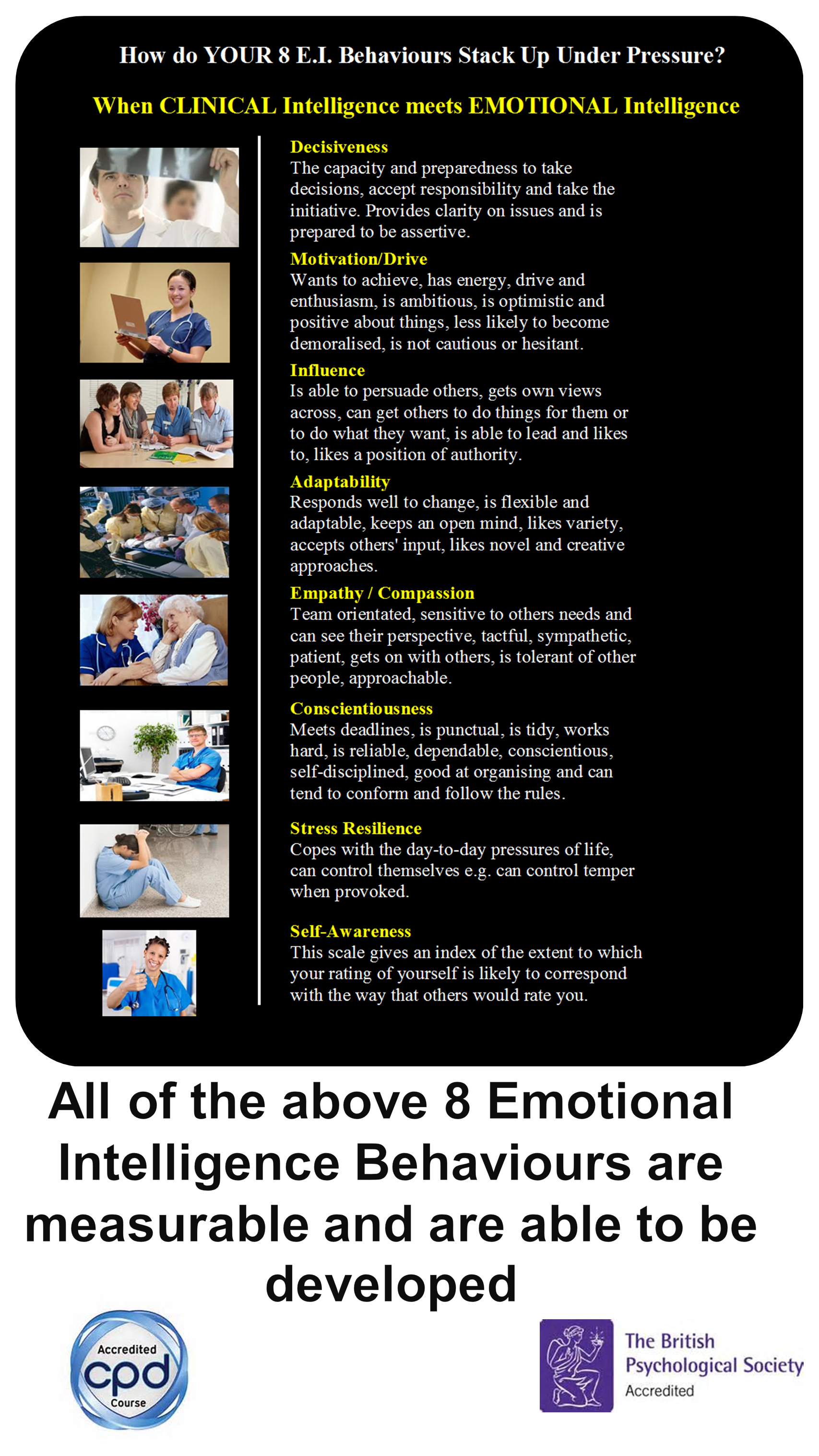
Creating a Culture of Service and Patient Experience Excellence – applying Emotional Intelligence to our Patient Care

What IF … Disney ran your Hospital or Care Home?
- In a survey of 337 NHS Chief Executives and Chairs, 100% of NHS leaders concede that the NHS is not sufficiently customer focused at present.
- Of those, 65% said that a significant change in customer focus is required.
- The public agrees – 93% think it’s important for the NHS to pay more attention to customer service.
- Areas cited for improvement include friendlier staff, easier appointment booking systems, clearer information about treatment and better bedside manner.
NHS Next Stage Review stated: High Quality Care for All “The skills for listening, understanding and responding to the needs of individual patients and supporting them to manage their health in a manner that is respectful of diversity and difference must, wherever possible, be incorporated into education and training programmes.”
A FUN, Inspirational and Motivational 1 day Workshop for up to 12 delegates.
On Site for £ 895 + VAT 
Disney has won the “Best in Class” Award for their Customer Service Principles for the last consecutive 30 years
… now these principles are delivering Patient Experience Excellence within the NHS and Care Homes across the UK…
The 10 Things you would do differently IF Disney ran your Hospital or Care Home
“…in an unprecedented move, the Chief Nursing Officer for England says nurses will now be formally judged on the compassion they show in ‘treating patients with dignity and respect’….”
Creating a Vision of Compassion and Patient Experience Excellence for all Health Care and Patient Care Professionals. Applying Compassion, Courage, Competency, Communication, Care and Commitment through Patient Experience Excellence through the creation of Patient Focused Winning Attitudes and Behaviours.
This workshop has been delivered to 38 NHS Foundation Trusts to date and attended by almost 4,000 NHS personnel. The content can be delivered in Classroom Workshops of up to 15 delegates, Away Day Conferences or Key Note Presentations. (See below for Testimonials)
STOP PRESS An abbreviated version of this Workshop is now available  to be delivered by ZOOM Video Conferencing.
to be delivered by ZOOM Video Conferencing.
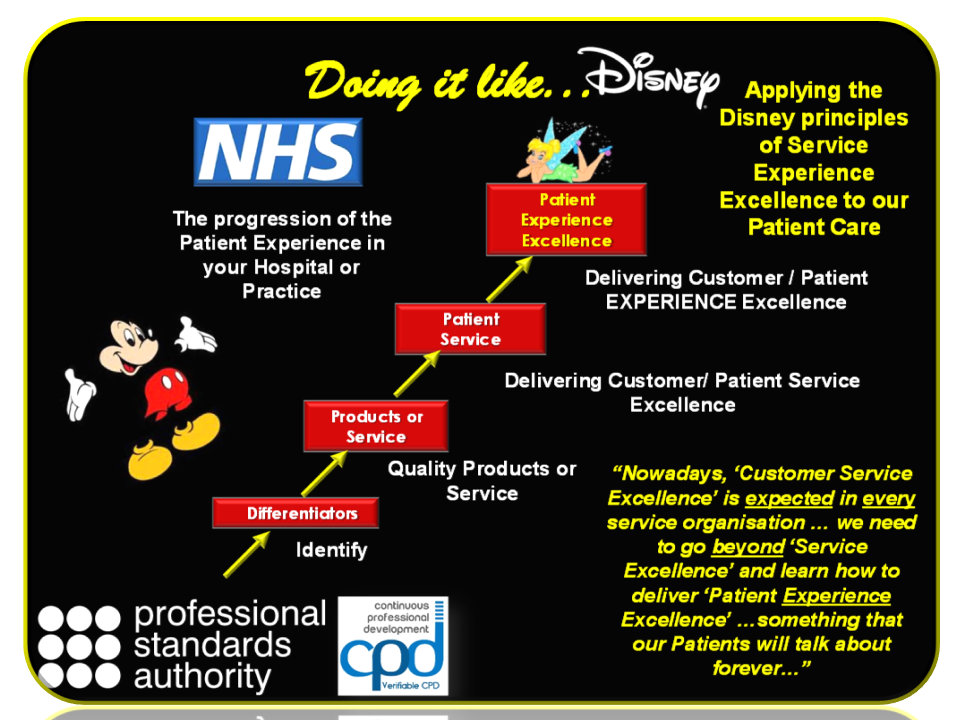
What IF … Disney ran your Hospital or Care Home?
Workshop Agenda
- What if…we did things Differently? …and What if…Disney ran your Hospital?!
- Sprinkling the “Magic Kingdom” Dust: Disney’s Service Principles
The 10 things you would do differently if Disney ran your hospital - Seeing your Hospital through the eyes of a Patient
- “Moments of Truth” – Jan Carlsson SAS
Group Activity: Patient / Customer Touch-Points – Mapping the Patient Journey – identifying “What is working well and where can we improve?” - Creating a Culture of Innovation and Service Excellence within your Hospital
- How DO those guys do it? – Best Practice Principles of Innovation
Apple / Nike / 3M / HP / Disney / NHS - What does Patient Service Excellence Look Like?
- Appreciative Inquiry Group Activity: ‘Dreaming’ the Perfect Service Excellence Outcome
- Patient Service Excellence requires Functional Team Working
- Overcoming The 5 Dysfunctions of a Team – Working as a Functional Team for our Patients delivering Better Outcomes
- Developing Emotional Intelligence in our Patient / Customer Service
- Developing our levels of Compassion and Empathy with Emotional Intelligence
- DeBono’s Thinking Hats – Understanding Challenging Personalities: Colleagues, Partners and Patients
- Achieving Patient / Customer Service Excellence
- Applying the principles of KAIZEN – Continuous Improvement Thinking to our Hospitals’ DNA
- A Self – Audit of our current Service levels and practices
- Identifying and Understanding Personality Types
- The ABC of Managing difficult Patient / Customer Behaviour
- Transactional Analysis – professional communications
- Neuro–Linguistic Programming: Professional Communication Techniques
- Empathic Listening Techniques
- The 4 Principles of Achieving the Patient Excellence Experience – FISH! DVD
- Building personal Wellbeing and Stress Resilience with Positive Psychology
- Winning Behaviours and Attitudes – Working “Above the Line”
Click Here for a Preview of this Award Winning Video – FISH!
Delegates will:
- Be inspired and motivated to shift their personal paradigm for Service Excellence
- Consider your Hospital through the eyes of a Patient or Partner or Customer
- Learn the 3 vital ingredients to create a culture of innovation within Health Care
- Explore Disney’s Principles of Service Excellence and Continuous Improvement
- Learn and practice the principles of KAIZEN – Continuous Improvement
- Create the “perfect service” utilising Appreciative Inquiry Planning tools
- Consider the relevance of breaking down silos in order to achieve patient experience excellence through the efficiency of Functional Teamwork
- Consider how to apply the 6C’s within Community Healthcare Commitment, Competence, Communication, Courage, Compassion and Care
- Complete a Self Audit of their own perceived Service competencies
- Explore Professional Communication Tools to enhance Service levels
- Consider the Service Principles of FISH!
- Discover the optimum Culture required for Patient Experience Excellence
- Gain an increased awareness of the role of Emotional Intelligence within Health Care
- Learn the 10 Principles of Disney Excellence applied to their Hospital
- Create flip-charts of “kaizen” improvement projects, tasks and SMART objectives which will turn their “Dream” of Patient Experience Excellence into a REAL strategy and Action Plan which will have complete “buy-in” of the Team
- Become more energised, motivated and challenged to focus on delivering Excellence in their Patient Experience duties
The cost of this module is £895 + VAT for groups of up to 12 delegates. This cost includes all preparation, materials, workbooks and trainers expenses.
Click Here to download an overview of this highly popular workshop

Emotionally Intelligent Communication – The Growing Importance of the role of Emotional Intelligence within Health Care

Harvard Business Review says “In hard times, the soft stuff often goes away. But Emotional Intelligence, it turns out, isn’t so soft. If emotional obliviousness jeopardizes your ability to perform, fend off aggressors, or be compassionate in a crisis, no amount of attention to the bottom line will protect your career. Emotional intelligence isn’t a luxury you can dispense with in tough times. It’s a basic tool that, deployed with finesse, is the key to professional success.”
Why it is important to develop Emotional Intelligence within Patient Care
Our moods and emotions influence our behaviours on every workplace interaction and relationship. They influence fundamental areas like empathy, decision making, resilience to pressure, motivation / engagement etc.
Showing a genuine concern (empathy and compassion) for patients’ needs, smiling and making eye contact are all critical to a patients’ perception of service quality and patient experience.
Importantly, research has shown that GP’s with a higher level of emotional intelligence have a faster rate of patients returning to full health after illness.
Doctors, Nurses and Hospital Staff who are high in emotional intelligence are able to manage their own impulses, communicate with others effectively, manage change well, solve problems and use humour to build rapport in tense situations. These people will have empathy, remain optimistic even in the face of adversity, are gifted at educating people in difficult and sensitive situations and/or handling complaints in a service role.
Understanding our Patients through the development of the Emotional Intelligence in our Staff is the key to ensuring that we retain our differentiator by delivering a Patient Experience which will never be forgotten.
Emotional Intelligence is what makes your Staff and your Hospital stand out from the crowd.
Why is it important to develop Emotional Intelligence within Health Care? 
Emotional intelligence and leadership skills among NHS managers: an empirical investigation
Abstract
A total of 43 managers from a range of disciplines and with varying levels of seniority, employed in an NHS mental health setting, participated in a research project looking at emotional intelligence (EI) and leadership styles. All of the participants completed the electronic versions of Emotional Quotient Inventory and Bass and a Leadership Questionnaire. Four groups of leaders were then produced, based on overall EI and transformational/transactional leadership scores, and were compared across the groups. The results showed a statistically highly significant difference between the groups, and it was concluded that a strong relationship existed between high levels of EI and high levels of transformational/transactional leadership styles. This study shows that a significantly different style of leadership can reasonably be predicted when a high EQi score is encountered, and that a high transformational/transactional leadership score implies that a high EQi score is also highly likely to be present. No evidence was obtained about causal direction to explain whether EI causes a particular leadership style or vice versa, and further research using a larger sample is recommended.
The International Journal of Clinical Leadership
The evidence of the above and similar experiences from our work with hospitals in the UK indicates that there is a very close correlation between Emotional Intelligence and Leadership Skills. Our proposal for the Enhanced Communication Skills Module is to run a one day workshop on all 8 behaviours of emotional intelligence – all of which are paramount to professional communications from transformational leaders.
Delegates will:
- Complete an on-line Emotional Intelligence Profile prior to attending the workshop and will receive a 25 page personal report.
- Analyse their Self Awareness and Self Management Scores
- Develop a greater understanding of all “self” behaviours leading to increased professional communication skills.
- Develop a greater understanding of all Intra and Inter Personal Relationships
- Create a personal development plan for all 8 E.I. behaviours against their profile
- Practice Emotionally Intelligent Communication
Empathy and Compassion is an emotional capability closely associated with Emotional Intelligence (EI), and the good news is that (unlike our Intelligence Quotient which is thought to largely fixed by early adulthood), we continue to develop emotional awareness and social skills throughout our lives… If… we choose to.
Daniel Goleman has defined emotional intelligence as ‘…the capacity for recognizing our own feelings and those of others, for motivating ourselves and for managing emotions well in ourselves and in our relationships.’
The development of these 8 behaviours will create transformational leaders and clinicians.
More and more consultations are likely to be conducted remotely which makes our Personal Communication and Emotional Intelligence skills even more vital in order for us to create empathy and compassion with our patients.

The Chief Nursing Officer for England recently said; “Nurses will now be formally judged on the compassion they show in treating patients with dignity and respect”.
Compassion and Empathy are measurable as Emotional Intelligence Behaviours and many Hospitals are using E.I. Tools to measure competencies and developmental needs of their Staff.
The cost of this module is £895 + VAT for groups of up to 12 delegates. This cost includes all preparation, materials, workbooks and trainers expenses. It is recommended that all delegates complete an E.I. Profile Reports prior to attendance: £45 + VAT per delegate for a 32 page advanced report. If a delegate has already had an E.I. Profile Report for any of the previous MTC workshops then it will not be necessary to complete another test.
NEW from Myers Briggs available through Mobile Team Challenge… Discover the new MBTI written specifically for Health Care Professionals

- Improving responsiveness and securing greater patient and public engagement in health care has been a policy priority for decades, in spite of this, some of the recent reports and studies can suggest that the typical NHS experience can be far from patient-centred. There can sometimes be a lack of focus on engaging patients in their own clinical care, despite strong evidence that this makes a real difference to treatment outcomes.
- Among the many factors that influence the quality of interaction between patients and front-line healthcare professionals is the personality preferences of the individuals involved. The new Myers-Briggs Report for Healthcare Professionals from MTC provides invaluable insight for individuals and their managers to support the necessary shift in expressed behaviour to foster a mutually rewarding patient-centred service.
Getting to the heart of patient care
Designed exclusively for healthcare professionals, the report highlights how they deliver information to and spend time with patients, and explains why misunderstandings and conflicts may sometimes arise when giving care. Recognising that caring can often take place within a stressful environment, the report also describes the impact of work stress as it affects care style, and provides tangible advice for ‘how to get yourself back’.
Why use the Myers-Briggs Report for Healthcare Professionals?
- It gives invaluable insights that can support shift in expressed behaviours to foster a more mutually rewarding patient-centred service
- It raises awareness of how personality preferences impact on style of care
- It provides actionable insight and suggestions for flexing care style to encourage better interactions with patients.
Sections of the report include:
- Your MBTI type description
- Making patients feel comfortable
- Helping patients understand the details of their care
- Assuring patients that their opinions about their care matter
- Being responsive to patients’ needs
- Educating patients about their condition and making healthy choices
- Managing your stress and the impact it has on patients.
When to use the Myers-Briggs Report for Healthcare Professionals
The report can help doctors, nurses, healthcare assistants and other clinical staff involved in patient care who want to increase their communication effectiveness to:
- Help patients be better informed
- Show patients that they are listening to them
- Create a supportive environment
- Help patients manage the side effects of treatment
- Support post-care transition
Order your personalised Myers Briggs Report for Health Care professionals now for £55 + VAT
Click here to see a sample report
Improving Patient Outcomes whilst Reducing Costs with LEAN Thinking

Click here to download an overview of Lean Thinking in the NHS
What is Lean Thinking?
At the NHS Confederation Conference in Liverpool in June 2015, the Right Honourable Jeremy Hunt MP and Secretary for Health said:
“We need to be able to pinpoint more clearly where there is the greatest potential to improve patient outcomes by reducing avoidable costs through more innovative use of preventative measures by utilising methods such as Continuous Improvement techniques and LEAN Thinking concepts which Toyota have deployed so successfully.”
So…what IS Lean Thinking and HOW can it help the NHS in their cultural change programmes?
Lean is a unified approach to achieving improved performance, which, when correctly deployed, will drive continuous improvement, or even dramatic step changes in performance, and will be a major enabler in achieving the goal of becoming an “Outcome Focussed Organisation”.
From integrating quick pace transformational change to maximising customer value whilst minimising waste, the Lean Continuous Improvement principles create the Winning Behaviours and Attitudes across the “people and processes” across any organisation.
“We must become far more disciplined in managing project programmes with less dependency upon a few key individuals and more systematic and rigorous approach to project and programme delivery across the whole organisation” – is a strategic statement of intent which we hear on a daily basis from many organisations and the implementation and practice of the transforming 5 Principles of Lean and Continuous Improvement are the perfect vehicle required to achieve this desire.
In the current political and economic climate there is a focus on public services to do more for less, i.e. to be more efficient. NHS departments and local authorities are in the process of working on the detail of how budget cuts will be implemented. An important methodology at the disposal of public sector managers is Lean, which can deliver many benefits.
The approach can be applied in many situations and is equally relevant within the private and public sectors. Many major organisations have already adopted the methodology of Lean and they are experiencing remarkable improvements as a result.
Using a rigorous data based approach, Lean encompasses an extremely wide and comprehensive toolkit as well as a structured methodology for deploying these tools, to increase customer satisfaction, drive out errors and waste, reduce cycle times, reduce costs and improve delivery.
The Graphic above illustrates the key imperatives required for a successful and highly efficient implementation
In today’s volatile healthcare environment, health information managers are being asked to do more with less—less staff exertion, less technology, less time, and less workspace—while providing patients, physicians, nurses, and administrators with a high level of service. To meet increasing demands, HIM professionals can join their healthcare colleagues in looking to lean thinking, a philosophy of management that focuses on process improvement and change management. 
Lean thinking can be used to identify and eliminate waste in any activity performed within a facility. Based on the Toyota model, lean thinking focuses on how efficiently resources are being used, and with each step in a given process stops to ask “what value is being produced?” The method can be used to improve service to any group within a facility, including eliminating processes that offer no value to healthcare’s ultimate customer: the patient.
Recently when running this 2 day workshop at Birmingham Women’s Hospital – the team completed a Value Stream Map of their Patient Outpatients – Patient Journey and identified 25% in efficiency savings and also 8 Areas of Waste which they have now created Lean project Teams to address.
The cost of this 2-day CPD accredited module is £1,650 + VAT for groups of up to 12 delegates. This cost includes all preparation, materials, workbooks and trainers expenses
Appreciative Inquiry: Conversations worth Having
This one day workshop will focus on the 3 primary emotional intelligence behaviours of; Influence, Empathy and Self Awareness and the application of Appreciative Inquiry to our conversations.
Conversations are at the heart of everything we do. They are key to effective leadership, high performing teams, and strong relationships. We all know that they influence us, but we rarely stop to think about how much they affect our well-being and our ability to thrive. Our conversations directly influence our present moment and
When health care personnel use communication skills effectively, both they and their patients benefit. Firstly, doctors identify their patients’ problems more accurately. Secondly, their patients are more satisfied with their care and can better understand their problems, investigations, and treatment options. Thirdly, patients are more likely to adhere to treatment and to follow advice on behaviour change. Fourthly, patients’ distress and their vulnerability to anxiety and depression are lessened and finally, professional communication internally (for example, Doctors to Pharmacy etc) increases efficiency and patient satisfaction
Delegates will:
- Learn how to identify the primary communication style preferences of the people to whom they are communicating
- Increase their awareness of the impact of Personality Types on Communications
- Explore the role of, and develop, Emotional Intelligence in their communications
- Identify how to create professional impact on individuals or groups through professional communications
- Develop an awareness of how to apply communications models: Neuro-Linguistic Programming; Transactional Analysis and Empathic Listening techniques: Role Plays
- Learn why it is it that some People are SO difficult to get on with?!! – DeBono’s Personality Types
- Experiential Activity: Teeter Totter Bridge – an activity to demonstrate, and practice, communication and listening techniques
- Explore how to Overcome the Fear of Conflict in our Communications
- Develop their self awareness of the 5 Conflict Styles and their own preferred style
- Learn how to apply assertiveness and to recognise aggression triggers
- Learn how to get “buy-in” and to create “Win-Win” Situations with Appreciate Inquiry Techniques
- Become able to turn Conflict to Collaboration with our Colleagues, Patients and Customers
- Experiential Activity: Levitation Challenge– an activity to demonstrate, and practice, how to overcome conflict and to create “win-wins”.
The cost of this module is £ 895 + VAT for groups of up to 12 delegates. This cost includes all preparation, materials, workbooks and trainers expenses. If required, E.I. Profile reports are £45 + VAT per delegate for a 16 page advanced report.

Leading the Team
This one day workshop will focus on the 5 primary emotional intelligence behaviours of; Decisiveness, Motivation, Influence, Empathy and Self Awareness.
According to Peter Senge (the world guru on Building Teams), most of us have experienced being part of a great team – a group of people who:
- function together in an extraordinary way
- trust and complement each other
- have common goals that are larger than individual goals
- produce extraordinary results.
Great teams like this have learned how to work together to produce extraordinary results – this Mobile Team Challenge Workshop will help create such skills within a team leader and will enable them to create high performance teams.
This “Leading the Team” programme from Mobile Team Challenge has become the defacto standard across 52 RAF bases in the UK as well as Afghanistan, Cyprus, Falklands and several overseas stations, including the RAF Red Arrows Display Team, where over 5,000 RAF personnel and 4,000 NHS employees have participated in the MTC experience of learning how to Lead their Teams.
The workshop is based around Stephen Covey’s bestselling book – The 7 Habits of Highly Effective People – and the workshop will apply the 7 habits to assist Team Leaders in the development of a highly effective team. It also features a Survey as to how functional your team is currently and it uses Patrick Lencioni’s how to overcome The 5 Dys-Functions of a Team.
Delegates will:
- Learn how to Inspire and motivate team members to appreciate the diversity of individuals within the team
- Develop an awareness of the 4 Models of Motivation within a Team
- Learn how to use Appreciative Inquiry tools, allowing the creation of shared visions and “buy in”.
- Understand their personal Situational Leadership Style
- Learn how to use Belbin’s Model of “Roles of a Team”
- Explore personality types and preferences through experiential activities
- Investigate Peter Drucker’s theories of “Management versus Leadership”
The cost of this module is £ 895 + VAT for groups of up to 12 delegates. This cost includes all preparation, materials, workbooks and trainers expenses. If required, E.I. Profile reports are £45 + VAT per delegate for a 32 page advanced report.
This course will include several “Challenge by Choice” Team Leading activities
“The 7 Habits of Highly Effective Teams”
- Habit One – “Be Proactive!”
- The 5 Dysfunctions of a Team – Lencioni
- Assessing the functionality of our Team
- Understanding Team Dynamics
- There’s Leadership, Followership and there’s…CONFLICT!
- Experiential Activity: Trust Vee / Trust Me
- Habit Two – “Begin with the end in mind”
- Creating “buy-in” through Shared Visions using Appreciative Inquiry
- Increasing the level of Accountability in our Team
- Collaborative Working across Teams and Organisations
- Experiential Activity: Shared Visions and Buy-in
- Habit Three – “Put First things First”
- Creating optimised efficiency through prioritisation
- The “important and urgent” analysis of what we do in our Team
- Where do most successful teams spend their time?
- Experiential Activity: Spiders’ Web
- Habit Four – “Think Win-Win”
- Overcoming the Fear of Conflict on our Team
- Embracing Conflict in the Team
- Conflict Resolution and Management within Teams
- Experiential Activity: Levitation Challenge
- Habit Five – “Seek First to Understand – then be Understood”
- Analysing Communication Styles in Teams
- Increasing our awareness of Personality Types: Myers Briggs
- Using Neuro-Linguistic Programming to improve Communications; Transactional Analysis
- DeBono’s Six Hats
- Listening and Communicating Skills
- Experiential Activity: Teeter Totter Bridge
- Habit Six – “Synergise”
- The Roles People Play in Team – Belbin
- Motivating and Energising Techniques
- Experiential Activity: Belbin Profiling
- Experiential Activity: Big Foot and Matrix Walk
- Habit Seven– “Sharpen the Saw”
- Maintaining Peak Performance
- Recognising and applying the “Stress Busters”
- Overcoming Frustration and Conflict emotionally
- Experiential Activity: Personal Bio-Rhythm Profiling with HeartMath Software as used by the Ryder Cup team
Additional Team Building Workshops
We offer several Team Building workshops, all of which are designed to bring out different learning outcomes and we can also create bespoke Team-Based workshops. These workshops are listed on our Team Building Page please see the links to these below:
Click Here to see: Developing Emotionally Intelligent SUPER Teams
Click Here to see: Winning Behaviours – Training your Mind
Click Here to see: Creating Winning Behaviours & Attitudes: High Performance Team Building – How to Overcome The 5 Dysfunctions of a Team – Patrick Lencioni

Testimonials
“We had an amazing day! – this has changed the thinking of our Management Team – VERY professional and thought provoking” (Debbie Fryer Director of HR & OD, Aintree University NHS Foundation Trust Hospital, Liverpool)
The feedback from the team on the session has been great and has led to some really healthy discussions. We are planning to pick up the suggestions in our improvement huddles to see what we can start implementing now. (Associate Director of Business Intelligence
Strategy & Planning Directorate, Medway NHS Foundation Trust)Excellent Course! – Thank you, Barry! 😊 (Medway NHS Foundation Trust)
A REALLY useful and fun approach with LOTS of ideas to take away! (Medway NHS Foundation Trust)
NHS York Teaching Hospital:
An excellent day – thank you
Many thanks – Brilliant!
A Great Experience
Very useful
Very informative, interesting and dynamic! – thank you
Really engaging – thank you
Thank You!!
Very enjoyable course! Knowledgeable and interesting trainer – Thank you!
Thoroughly enjoyable and engaging
I thoroughly enjoyed the course. It made me think and take back things I can implement in the ward (Delegates from NHS York Teaching Hospital)“A Life Changing Experience…” (Regional Director, BUPA)
‘Brilliant, Brilliant, Brilliant!” – some great learning metaphors from the MTC way of Learning and Development” (BUPA – Southern Area Training Team Manager)
‘A very powerful way of introducing Emotional Intelligence in a way we never have before. Loved the activities and experiential learning approach – MTC are a highly recommended learning and development organisation’ (BUPA – Northern Area Training Team Manager)
“Received great feedback again – you are REALLY making an impact and it is fab”
(Education and Learning Team, Birmingham NHS)“Each and every participant spontaneously felt that they ought to come individually and tell me how fantastic your course was! They felt really motivated, learnt a lot and really enjoyed the day”.
(Head of Medicines, Birmingham NHS)“An excellent course – very professional and well presented. Thank you”.
(Head of Learning and Development, S. Warwickshire NHS)“An excellent day – thank you” (Superintendent Radiographer Derbyshire NHS)
“I AM SO MOTIVATED!! … I hope my colleagues are too! ☺”
(E-Learning Supervisor, Birmingham NHS)“Enjoyable and Fun…but well informed!” (Senior Manager: National Care Home)
“Thank you for the inspiring 2 day’s training you did for us recently, we have noticed a difference already!”
(Director for Organisational Development NHS Trust S. Region.)“Best Training EVER!!!”
(Senior Pharmacist, Birmingham NHS)“Thank you! – You have made me feel empowered and informed and also feeling that, as a team, we can achieve anything!” (Regional Manager BUPA)
“I’d give this course and 11 out of 10! … Best I’ve attended”
(Team Supervisor Birmingham NHS)“Excellent course will recommend to others!!” (Superintendent NHS Leicester)
“Our experience with over 150 participants to date has demonstrated that the Emotional Intelligence profiling process has increased their self awareness and motivates them in their roles” (Professor Abdol Tavabie Dean of Post Graduate General Practice Education for Kent, Surrey & Sussex Deanery)
“Amazing day, the best training session I have attended in a long time. Look forward to putting my learning into practice. I feel much more focused” – Clinical Lead, Birmingham Children’s Hospital NHS Trust
“..the day was “inspirational” and “brilliant….” – (Chief Executive. W.Sussex NHS Hospitals Foundation Trust) – following a keynote speech at the W.Sussex NHS Conference
“An excellent course – very professional and well presented. Thank you Barry“. (Chris Belcher, Head of Learning and Development, S. Warwickshire NHS)
“An excellent day – thank you” (Superintendent Radiographer Derbyshire NHS)
“A VERY motivational and inspirational day…” – (Divisional Director of Operations for Clinical Support Services at Chelsea and Westminster NHS)
“Fantastic – very motivational…” Lead for Patient and Staff Experience. Chelsea and Westminster NHS
“Absolutely amazing experience/training…” – Service Improvement Lead, Chelsea and Westminster NHS
“It was brilliant! – Thank You – Loads of Food for thought for me!” – Lead Nurse, Birmingham Children’s Hospital
“An enjoyable session – very interesting – and I enjoyed the teaching method that was used” – Clinical Lead, Birmingham Children’s Hospital
“Good insights and made relevant to the NHS – inspiring and excellent as ever” – (Debbie Fryer, Director of HR & Organisational Development, Aintree University Hospital NHS Foundation Trust and Chair of the Foundation Trust HR Directors Network following a key note speech at the FTN Conference at Church House, Westminster)
“Challenging, inspirational and motivational – excellent feedback from all delegates for your presentation…” (Deputy Director of Human Resources, NHS / HPMA Luton & Dunstable NHS Hospitals Foundation Trust) – following a keynote speech at the E, Midlands HPMA / NHS Conference at Newmarket Race Course
“Dear Barry, I probably ought to be lodging a protest! Since the training course, I have had a steady stream of staff at my door. Each and every participant spontaneously felt that they ought to come individually and tell me how fantastic your course was! They felt really motivated, learnt a lot and really enjoyed the day. I can see that you may become a regular feature of the training of the pharmacy department! Thank you. (Professor Anthony Sinclair, Chief Pharmacist and Head of Medicines, Birmingham Children’s Hospital NHS)
“thank you once again for yesterday – it was amazing and yes!, lots of positive feedback!” (Amanda Lyes, Chief Corporate Services Officer, Ipswich & East Suffolk CCG & West Suffolk CCG)
“The potential of the Emotional Intelligence EQ System in this PCT will be immense and I am looking forward to using it”. Head of O.D. S. Staffs PCT
“Thank you SO much for your great energy and ability to motivate” – Specialist Practitioner – West London NHS Trust
“The facilitator (Barry) was VERY skilful, knowledgeable and superlatively experienced – He was able to contain and help the audience thoughtfully and sensitively ensuring respect and positive and acknowledgement” Specialist Practitioner West London NHS Trust
“Very Engaging – the BEST version of this kind of training that I have EVER Experienced!” (Financial Controller Medway Foundation Trust)
“Fantastic Course! – with Excellent Speaker – thank You” (Senior Contracts Manager NHS Surrey Heathlands CCG)
The Emotional Behaviours in the Workplace process as used by Mobile Team Challenge has been used in a variety of SHA’s, NHS Trusts and medical practices including: British Medical Association, Carers Foundation Trust, Chesterfield NHS Trust, Central Lancashire PCT, East Midlands Deanery, South Staffs PCT, York Hospitals NHS Foundation Trust, Greater Glasgow and Clyde PCT, London Strategic Health Authority, University College London Hospital, School of Health and Social Care etc





 Open Courses
Open Courses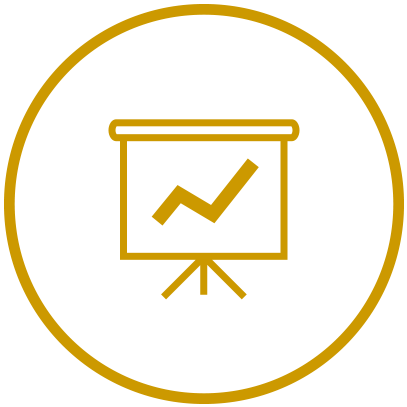 Corporate & Public Sector
Corporate & Public Sector Education & Young People
Education & Young People Military
Military Prisons & Young Offenders
Prisons & Young Offenders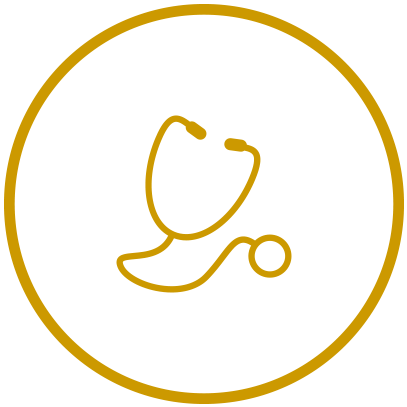 Healthcare
Healthcare 3rd Sector
3rd Sector